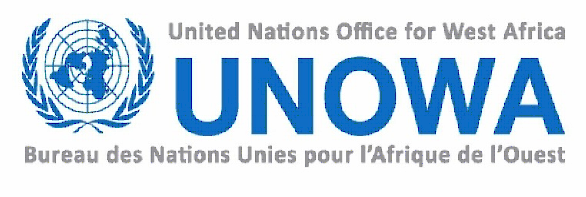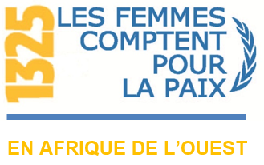Addressing Gender-Based Violence In West African Peace Processes
Addressing confict-related gender-based violence means “getting the past right”, but also recognising broader structural injustices that should be transformed through the peace process.
Peace processes lay out the bases for future society. They outline priorities for new institutions and practices, with the aim of building lasting peace. Women’s effective participation in peace processes can offer women political gains on a wide range of issues that affect their rights and gender equality. For many women, addressing conflict-related gender-based violence through different measures means “getting the past right”, but also recognising broader structural injustices that should be addressed and transformed through the peace process. An integration of a gender perspective implies engaging the negotiating parties in transformative thinking about the roles of men and women. It urges to make decisions that do not allow a return to the status quo.
This is particularly important in contexts where gender-based violence has been a significant manifestation of the conflict and has featured as one of its triggers. Extensive evidence has been gathered from recent West African conflicts – particularly those in Liberia, Cote d’Ivoire and Sierra Leone – of various forms of sexual violence and other gender-based abuses. This violence tied in with the class, ethnic and intergenerational conflicts at the root of the wars in the region. It also resulted in a complex legacy for peace processes and longer-term, effective addressing of peacebuilding policies. Regardless of the urgency to address gender-based violence and injustices through peace processes, women and their interests still remain excluded. Considerable international attention has been given to the role of women in peace processes over the last decade, but gender-blind peace agreements still appear the norm. These facts underline the necessity for a more professional approach to mediation and the need for mediation efforts to be more inclusive.
The aim of this guidance note is to provide analytical tools and practical recommendations for mediation teams to better understand the implications and address gender-based violence throughout a peace process. Where appropriate, it enriches and complements the United Nations Guidance for Effective Mediation, and the Guidance for Mediators for Addressing Conflict-Related Sexual Violence. Special attention is put on entry points for mediators at different phases of the process. The Guidance note draws on the findings and recommendations of a joint CMI-WANEP project on Gender-Based Violence and Mediation, which sought to compile empirical information from the peace processes in Côte d’Ivoire and Liberia, and to bring together the expertise of a number of actors working in the region.

| Attachment | Size |
|---|---|
| 3.42 MB |




